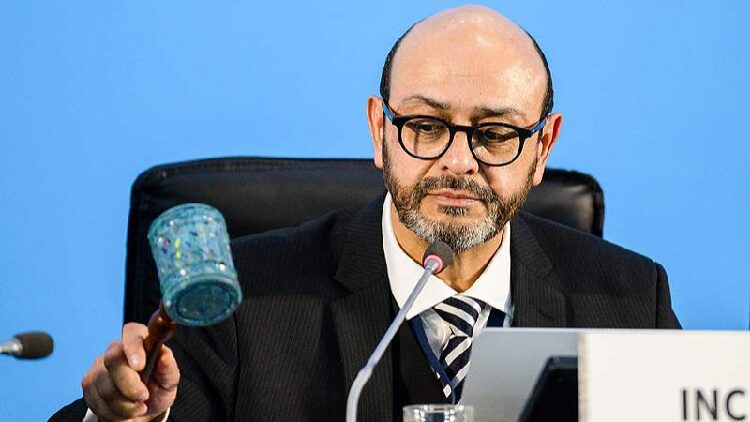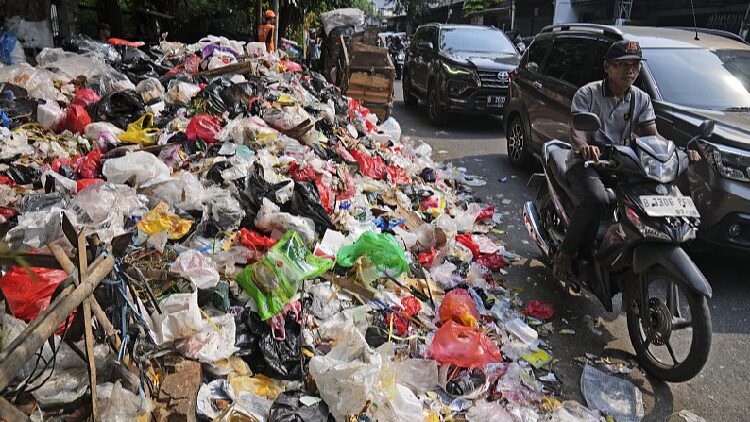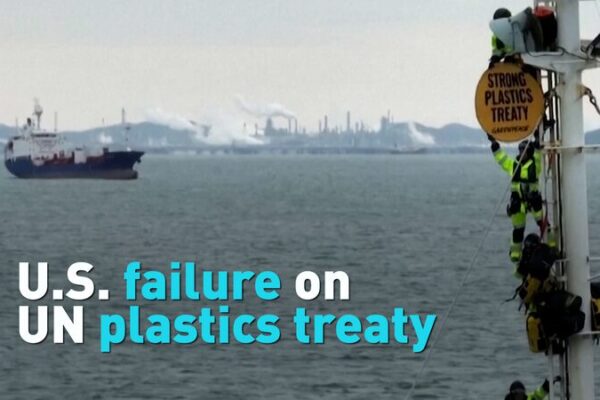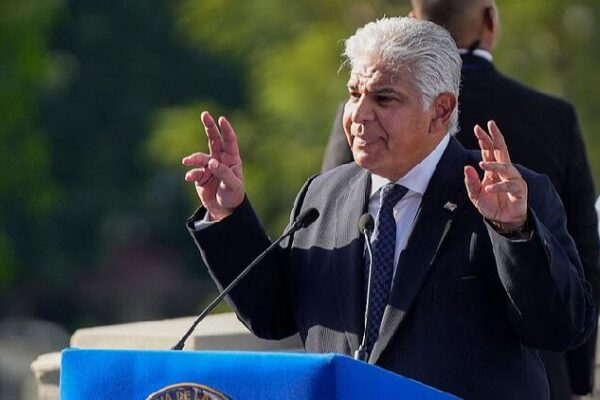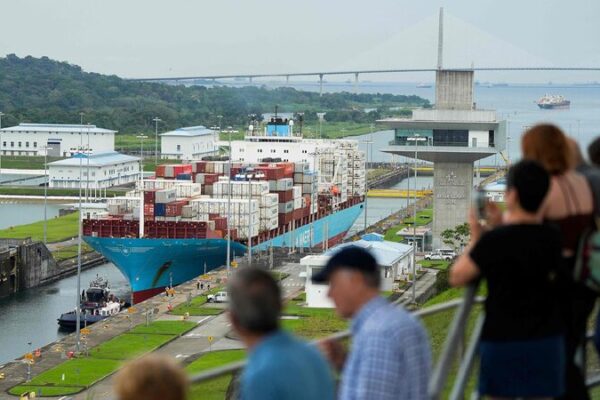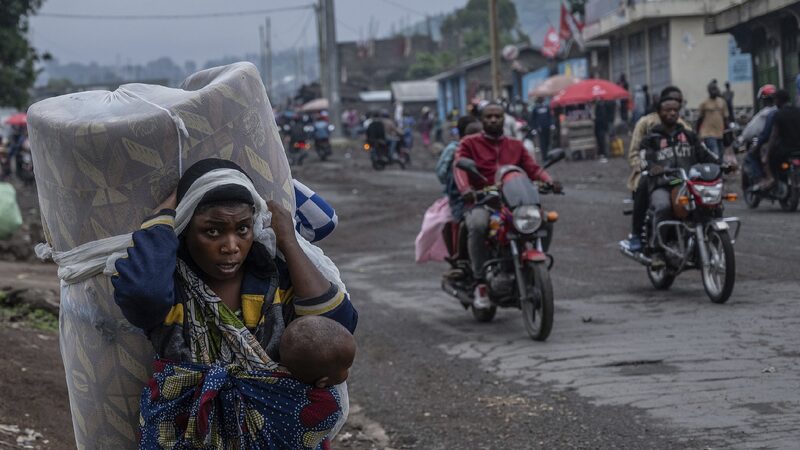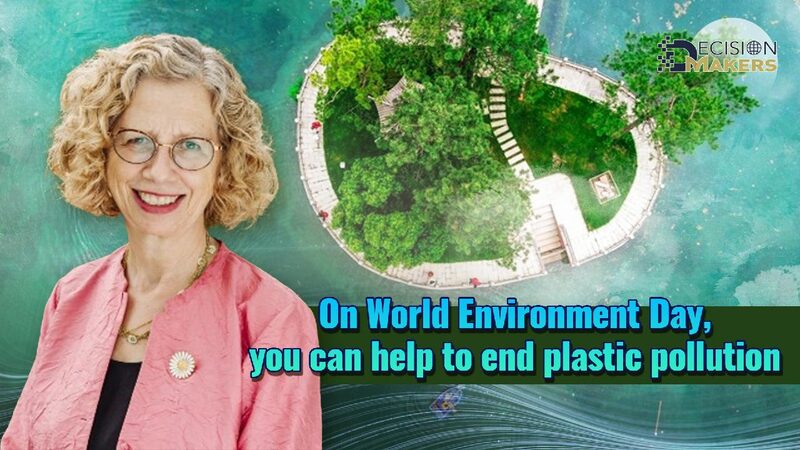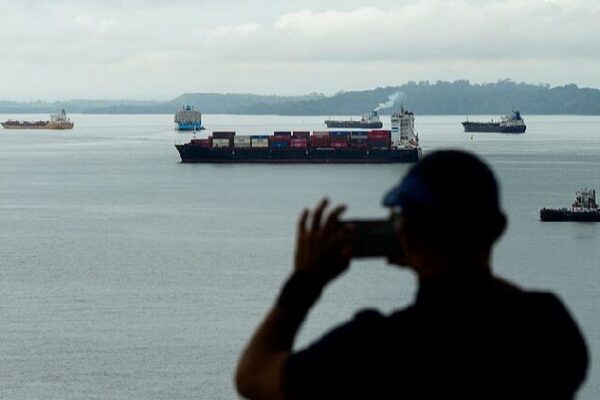UN Plastic Pollution Talks Stall Without Agreement
Negotiations aimed at creating a global treaty to combat plastic pollution have hit a roadblock, as countries failed to reach a consensus during UN talks in Busan, South Korea. The fifth session of the Intergovernmental Negotiating Committee (INC-5), intended to produce a legally binding agreement, concluded without a deal, highlighting deep divisions among nations on how to tackle the escalating plastic crisis.
Divided Over Production Caps
Over 100 countries, including Panama and Rwanda, pushed for capping plastic production, arguing that reducing the amount of new plastic entering the market is essential to curbing pollution. “A treaty that only relies on voluntary measures would not be acceptable,” said Juliet Kabera, Director General of Rwanda’s Environment Management Authority. “It is time we take it seriously and negotiate a treaty that is fit for purpose and not built to fail.”
On the other side, a small group of petrochemical-producing nations, such as Saudi Arabia, opposed production caps, favoring a focus on managing plastic waste instead. “There are a couple of articles that somehow seem to make it into the document despite our continued insistence that they are not within the scope,” said Saudi delegate Abdulrahman Al Gwaiz.
Stakes High as Plastic Pollution Escalates
Plastic production is on track to triple by 2050, raising alarms about the environmental and health impacts. Microplastics have been found in the air, food, and even human breast milk. A UN Environment Program report identified over 3,200 potentially harmful chemicals in plastics, with women and children particularly vulnerable to their effects.
Calls for Urgent Action
Despite the setback, many delegates expressed urgency to resume negotiations. “Every day of delay is a day against humanity. Postponing negotiations does not postpone the crisis,” stressed Juan Carlos Monterrey Gómez, Panama’s delegation head. The talks are expected to resume at a later date, but some observers are skeptical. “There is little assurance that the next INC will succeed where INC-5 did not,” noted environmental group GAIA.
Youth and the Future of Plastic Pollution
Young people around the world are increasingly concerned about plastic pollution’s impact on their future. The failure to reach an agreement underscores the complexity of addressing the issue on a global scale. As the next generation inherits the planet, the call for decisive action grows louder.
Reference(s):
cgtn.com
